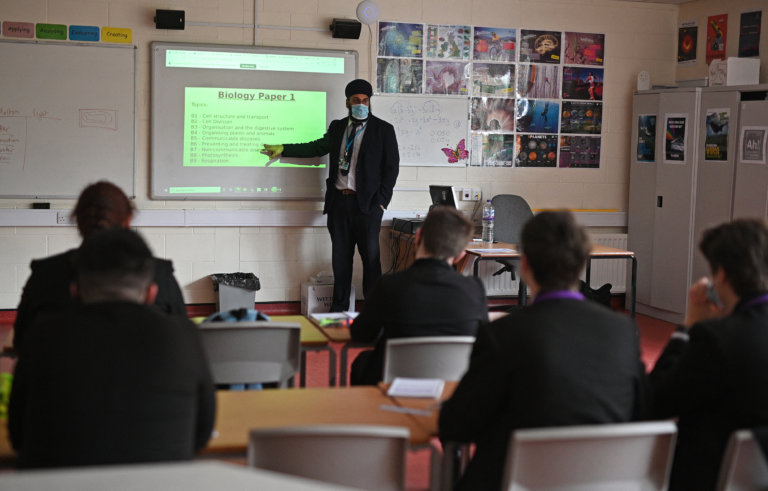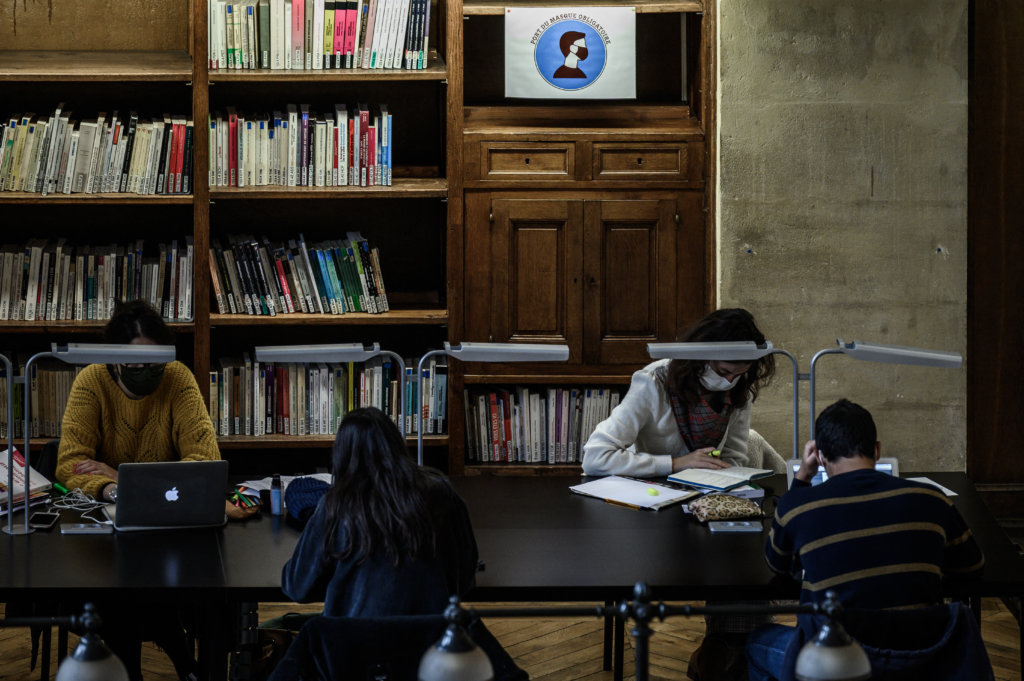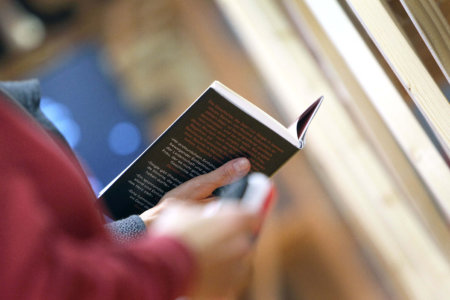
The two-week Easter holiday is a welcome respite for many students in the UK looking to break free from the academic rigours of school and soak in on a number of Easter-related activities and delights.
However, for students with upcoming exams — especially those taking the GCSEs in a month’s time — the Easter break can serve as the perfect opportunity for early revisions and to avoid any “emergency cramming” in the days leading up to the exam.
Knowing what study methods work for each individual is important for students to make the most out of their time.
Here are five study methods worth exploring during the Easter break.
5 minutes into revising…#gcses2022 pic.twitter.com/sQ4ngMNN7L
— GCSE Memes (@GCSEmeme_) April 2, 2022
Study methods for GCSE exam takers
Do past-year exam papers
View this post on Instagram
According to the Physics Cafe, past exam papers can help students familiarise themselves with the format and style of the exam questions, including commonly asked questions.
Attempting past-year questions can also train students to be more psychologically ready to embrace their GCSE exam and to practice answering questions within the established time frame.
Students can also consider enlisting the help of a tutor to mark their exam papers for feedback and work on areas that need improvement.
There are plenty of online resources that GCSE exam-bound students can access, including AQA, Edexcel, OCR and the Cambridge International Examinations (CIE).
Use flashcards and quizzes
View this post on Instagram
A good example of self-testing is using flashcards. When answering a question on a flashcard, a student can either write down the answer to the question or say them out loud before checking to see if they have obtained the right answer.
Alternatively, there are also fun quizzes online, such as BBC Bitesize, that students can use to study and apply their knowledge in a fun and engaging way.
Use mind maps and spider diagrams
Final gift of the day is the Chemistry AQA GCSE Mind Maps! ⚗️🧪🌡️ Click the link the download all of the mind maps for AQA GCSE Science: https://t.co/tk8851NCYM#edutwitter #science #GCSE #AQA #revision #mindmaps #education #chemistry #physics #biology
Please Re-tweet for others pic.twitter.com/iBJr9Xezmg— 🍃 Simple Science 🍃 (@Simp_Sci) July 3, 2020
Mind maps and spider diagrams are useful study methods that use visuals to summarise information.
Get some ideas on creating a mind map or spider diagram here and here. It also serves as a chance for students to get creative and inject some of their personalities into their study notes.
Study in a group or get a study buddy

Studying in a group or having a study buddy allows students to exchange information and test each other’s knowledge. Source: Philippe Lopez/AFP
Among the benefits of forming a study group or having a study buddy is to help students gain a deeper understanding of a subject or topic.
This can be achieved through exchanging knowledge and tips via discussions, or by explaining their knowledge to others which can help them develop a better understanding of the topic and retain what they have learned.
Group study is also a chance for students to compare notes, pick up new study habits or skills from their peers and learn different perspectives on a topic.
Using different apps to learn

Advancements in technology have made it easier for GCSE exam candidates to explore other platforms or apps for students to do exam revisions. Source: Ina Fassbender/AFP
If a student finds it difficult to concentrate on revising from books or notes, technology has made it easier to accommodate students with different learning styles.
From browsing study materials on an iPad to using platforms such as YouTube to guide students with their GCSE revisions, there are always alternatives to books when preparing for the GCSEs.










